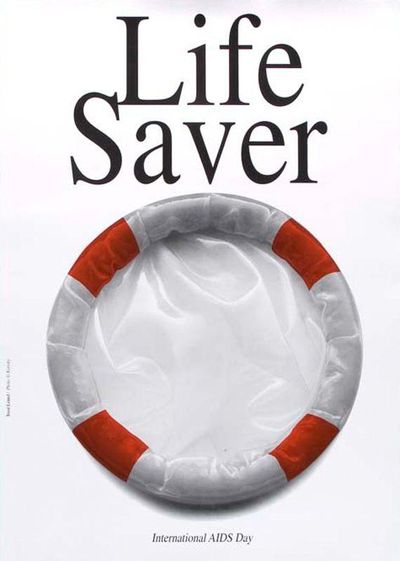Make face masks as normal as condoms to slow viral spread, researcher urges

With the economy restarting and more universities planning some level of in-person classes this fall, a virus researcher is urging “front and center” conversations about the lifesaving importance of wearing face masks to slow the spread of COVID-19, similar to the approach taken to increase the use of condoms to reduce HIV transmission.
Here in the Inland Northwest, Washington State University, Gonzaga University, Whitworth University and the University of Idaho have all announced plans to reopen their campuses.
“It’s time to normalize face masks as quickly as possible,” said David O’Connor, who researches HIV and the novel coronavirus at the University of Wisconsin-Madison.
O’Connor was featured in an April 18 New York Times article suggesting that properly worn face masks can serve as a barrier to transmitting COVID-19. Also, just as positive and non-stigmatizing marketing was done to encourage condom use to prevent HIV, similar efforts are needed to help laypersons view mask wearing as a public health measure that’s “cool,” he explained.
That was several weeks ago. Now that more businesses and universities are making plans to reopen, there’s more urgency for masking up in public to become the norm, he said in an interview by email.
O’Connor’s comments come just as coronavirus cases topped 1 million in the United States last week. Also last week, major U.S. airlines such as Jet Blue, United, Delta and Alaska said all passengers must wear face coverings, beginning this month. And Costco announced it will start requiring customers to wear masks to enter its stores in an effort to “protect our members and our employees,” the retailer said.
COVID-19 is difficult to control partly because people can unwittingly spread it even if they have no symptoms. The primary benefit of covering the nose and mouth is to protect others from becoming infected, according to the Centers for Disease Control and Prevention. Widespread use of nonmedical masks in public places will help contain the virus’s rapid spread, the agency has said.
If reconvening in-person university classes pans out for the fall semester, tens of thousands of students will return to communities where close interactions occur on and off campus every day. Although many students may be at low risk of falling ill from the virus, “some of their classmates won’t be and certainly their instructional staff and support staff won’t be,” O’Connor said.
Unless circumstances change dramatically, he hopes students are motivated to wear masks “out of respect for their instructors and other students,” he said.
To normalize mask-wearing in public, discussions and marketing campaigns should be moved to the forefront, he added. The grassroots mask-making movement underway by enterprising shop owners and individuals is an example of how innovative ideas to help save lives can catch on.
Medical-grade masks, reserved for health-care workers, offer the most prevention against COVID-19 and are in short supply. For members of the public, the option is to wear ones made from cloth. The CDC recommends using tightly woven cotton fabric, such as a pillowcase or T-shirt, that allows air flow for easy breathing while being dense enough to block contagions.
“Even if cloth masks that are available to most of us now aren’t optimally protective, they will help us prepare for a time in the not-too-distant future when more protective masks are both widely available and essential,” O’Connor said.
As more Americans emerge from their homes to work, shop or attend classes, Dr. Jared Baeten, an infectious disease specialist at the University of Washington, agrees with O’Connor that masking up is increasingly important.
“Coronavirus is more easily transmitted than we initially thought – particularly in social interactions,” he said. “Let’s say you’re standing near someone in line for coffee or talking to a cashier at the grocery store. If each of you is wearing a mask, there’s protection in both directions.”
Not only does a face mask act as armor against coronavirus, but it also conveys solidarity, said Baeten, who’s also an epidemiologist.
“By wearing a mask, you’re saying you take this new virus seriously. You’re also saying, ‘I protect you. You protect me,’” he said.
Face masks are intended to complement, not replace, social distancing and frequent hand-washing, both experts said.
Although the needle-and-thread version of masks aren’t as effective as the specialized types intended for medical personnel, “if millions of people wear them, the benefits could be dramatic,” said Baeten.